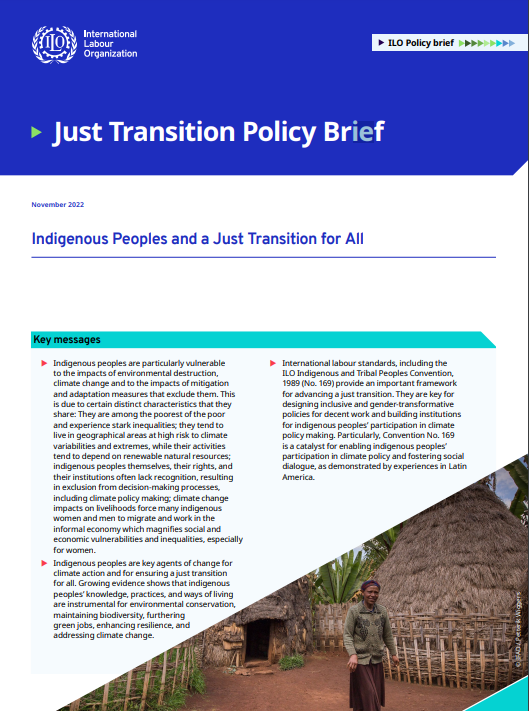
The Traditional Knowledge Advantage: Indigenous peoples’ knowledge in climate change adaptation and mitigation strategies
Publication Year: 2016
Author(s): Chianese F, Cordone A, Darlong V, Firmian I
Abstract:
There are approximately 370 million indigenous peoples in the world; they represent the greater part of the world’s cultural diversity (UNPFII nd) and speak more than 4,000 of the world’s almost 7,000 languages (Harrison 2007). They own, occupy or use up to 22 per cent of the global land area, which is home to 80 per cent of the world’s biological diversity (UNDP 2011). Indigenous peoples’ knowledge refers to the knowledge and know-how accumulated across generations, and tested and adopted through millennia, which guide indigenous societies in their interactions with their surrounding environment.
Source of Publication: International Fund for Agricultural Development (IFAD)
DOI No.: 978-92-9072-656-2
Publisher/Organisation: United Nations Department of Economic and Social Affairs Indigenous Peoples
URL:
https://www.ifad.org/documents/38714170/40320989/traditional_knowledge_advantage.pdf
Theme: Indigenous People | Subtheme: Migration
Related Documents
Policies/Regulations
Nature-based Solutions (NBS) for Climate Change: a Vision from Indigenous Peoples
Published Year: 2020
Abstract:
The term Nature-based Solutions (NBS) was adopted by and popularized by the IUCN members durin... Read More
Policies/Regulations

Indigenous Peoples and a Just Transition for All : Policy Brief
Published Year: 2022
Abstract:
The ILO Guidelines for a Just Transition towards Environmentally Sustainable Economies and Soc... Read More
Guidelines

Operational guidelines: Indigenous Peoples Policy
Published Year: 2019
Abstract:
These guidelines provide guidance on the application of the Indigenous Peoples Policy that for... Read More



